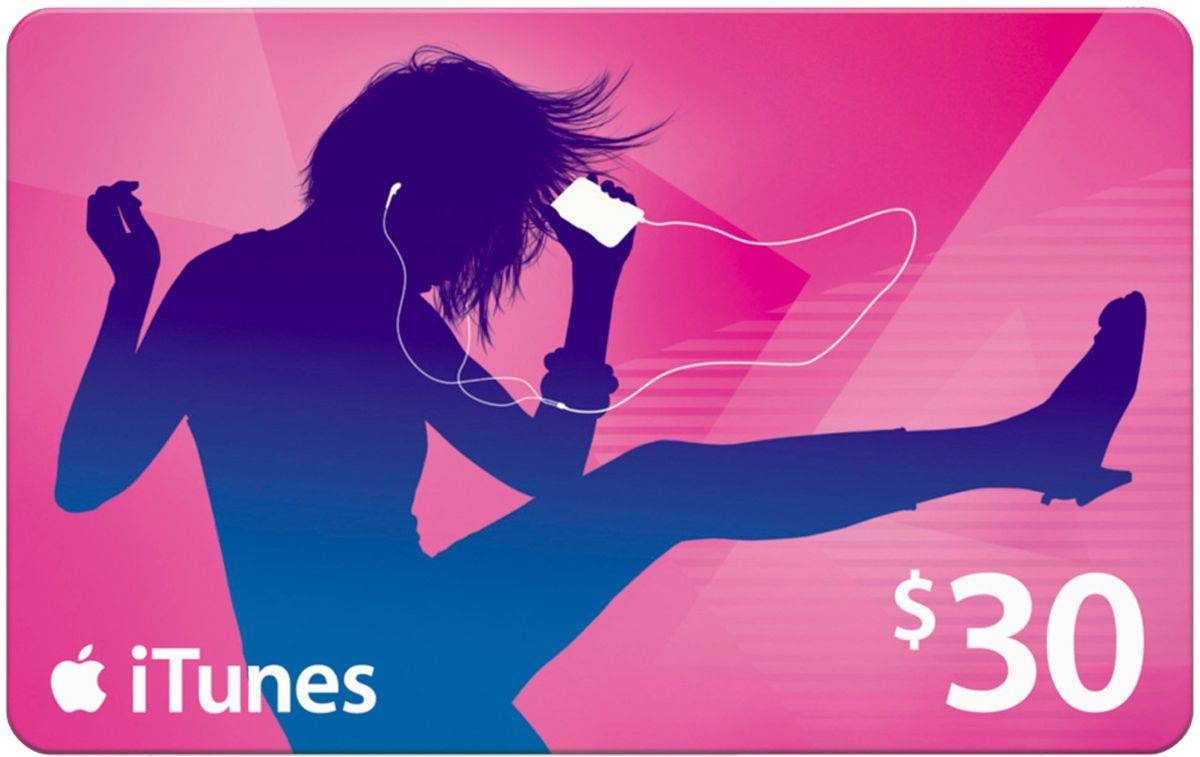Apple faces a class-action lawsuit from customers who fell victim to an iTunes gift card scam that they claim the company benefited from.
The scam has been around for a number of years. It frequently involves people being phoned up and asked for money by the fraudsters claiming to be from the Inland Revenue Service (or another governmental department). The scammers ask the victims to pay money owed by buying iTunes vouchers and then handing over the authorization codes.
While that might sound like the kind of scam that many would see through, there are nonetheless folks that have been effectively targeted by scammers working in this way. And it turns out that it’s pretty big business.
Why is Apple being blamed for iTunes scams?
So why is this Apple’s fault? According to a report by Patently Apple, it’s because Apple “falsely tells victims that 100% of their money lost in the scam is irretrievable and this isn’t true. Further, the lawsuit claims that Apple has retained hundreds of millions of dollars in commissions in this scam that should be paid back to those who were victims in this highly sophisticated iTunes Gift Card Scam.”
In essence, the people making the complaint suggest Apple is incentivized to let the scam continue. That’s due to it receiving a 30% commission on iTunes gift card sales, which it could pay back if it wanted. Since iTunes gift cards are often used to buy paid apps, and Apple takes a cut of apps sold through the App Store, it therefore profits from the scam.
The complaint also suggests that Apple holds onto funds for four to six weeks between payments being made and it paying the developer. During this time, Apple could theoretically pay all the money back.
The report notes that:
“Even if only 10% of scam victims report to the FTC (versus local police, attorney general offices, Apple, or nobody at all), the iTunes gift card scam would approach $1 billion, with Apple retaining $300 million in commissions.”
Apple maintains a webpage warning about iTunes gift card scams. However, the lawsuit says Apple’s efforts don’t go beyond that. The suit was filed in the U.S. District Court for the Northern District of California.


